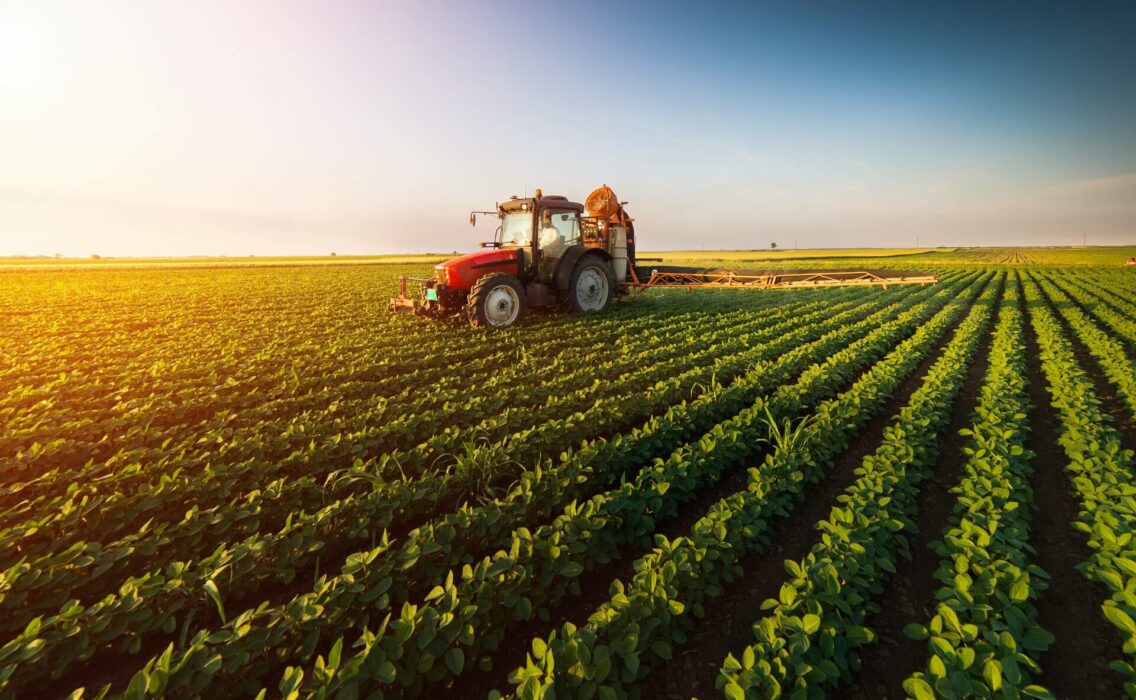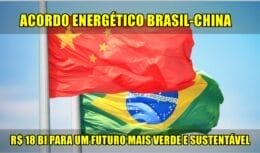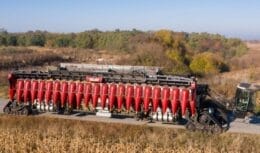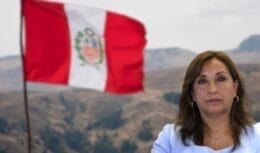Brazil is not directly linked to the war involving Russia and Ukraine, but sanctions against the Russians threaten the Brazilian economy and bring to light the fact that the country has not produced fertilizers for 8 years.
About 80% of the fertilizers used in agricultural production in Brazil come from abroad, with 23% of these fertilizers being imported from Russia, according to data from the Ministry of Economy. In 2021 alone, around 41,6 million tons were purchased, at a cost of USD 15,1 billion. High values that could be minimized if there were national production. However, Petrobras gave up this type of production.
See also other features
- Brazil may stop being dependent on fertilizers from Russia with a plan announced by the Ministry of Agriculture
- Years after negotiations began, Petrobras sells a fertilizer factory in Mato Grosso do Sul to a Russian company
It seems difficult to understand how a world power in agriculture needs to import fertilizers. But the answer is simple and direct: lack of infrastructure and public policies.
Petrobras came to own at least 4 fertilizer factories, three of which – located in Camaçari (BA), Laranjeira (SE) and Três Lagoas-MS – were sold in recent years.
The last one, called the Nitrogenated Fertilizers Unit (UFN3), was passed on to the Acron business group, from Russia. It had been on sale since 2017, the year in which Petrobras decided not to produce fertilizers anymore and in an attempt to replace the unit's financial losses, which this year have already accumulated RS 3,8 billion.
This, therefore, became the last step in the process of abandoning the fertilizer production market established after President Michel Temer (MDB) took over the Planalto Palace. A Petrobras business plan, created after the impeachment by Dilma Rousseff (PT).
Brazil also does not have a pipeline system capable of transporting the gas used for the production of nitrogenous fertilizers. There are only 40 kilometers of pipes, which is also criticized by other sectors.
When the fertilizer factories belonging to Petrobras were active, Brazil consumed around 30 million tons of imported fertilizers. In 2020, this consumption grew to 40 million tons and since then, dependence has only increased.

How to reverse the abandonment of fertilizers in Brazil?
Even before the war between Russia and Ukraine, the fact that Brazil no longer produces fertilizers through Petrobras did not seem to be such a concern. And the abandonment of the production market, opening the way for sales of factories that were stopped, therefore, presented itself with a totally promising plan.
However, with the sanctions against the Russians, fertilizer exports were suspended, and now the Government, which had ruled out the possibility of seeking Russian fertilizers, is even more pressured in the search for solutions to maintain the supply of nitrogen, phosphate and potassium.
Establishing a partnership with Canada, another important exporter of fertilizers, is in the plans of the Ministry of Agriculture. The other alternative, this time with internal solutions, is the National Fertilizer Plan.
The program announced by Minister Tereza Cristina promises to be presented by the end of March. According to the minister, the National Fertilizer Plan had already been planned and coincides with the current crisis arising from the war in Eastern Europe.
“That's what we thought back there. Brazil, an agro power, could not be dependent on the rest of the world, on more than 80% of the three products, from several countries”.
Words by Tereza Cristina on Thursday (03) during live broadcast of President Jair Bolsonaro.
Potassium factory in Sergipe is stopped and waiting for industrial plant
In the municipality of Capela, in Sergipe, there is a potassium well about 1.620 thousand meters deep which, if it worked, could increase fertilizer production by 54%, reducing the need for imports by 50%.
Estimates are that there is a deposit at the site with reserves of 4.70 billion tons of potash, with a forecast of withdrawing 1,2 million tons of the product per year. The project could generate R$ 100 million per year in ICMS and royalties.
War in Ukraine exposes Petrobras in relation to fertilizers and puts pressure on state fuel prices
If the rise in fuel prices in Brazil were not enough, the war in Eastern Europe could bring even more increases in gasoline and diesel prices.
That's because Russia is the second country that sells the most oil. However, with the war and related sanctions, distribution logistics are affected, causing the value of a barrel of the product to reach high values.
This week the value of a barrel of oil surpassed USD 110. The case is that Petrobras' fuel pricing policy is based on the dollar price. Therefore there is possibility more increase in ranks.













I think it’s a bit disastrous to baptize…
ERRATA: in some parts the text mentions…
Dude, stop it! South Dakota…
I would like to know how to send your CV
Not to salute a thief...
Fabiano Barbosa da Silva coordinated in any…
Distribution assistance
How do you do it, send Coricolo